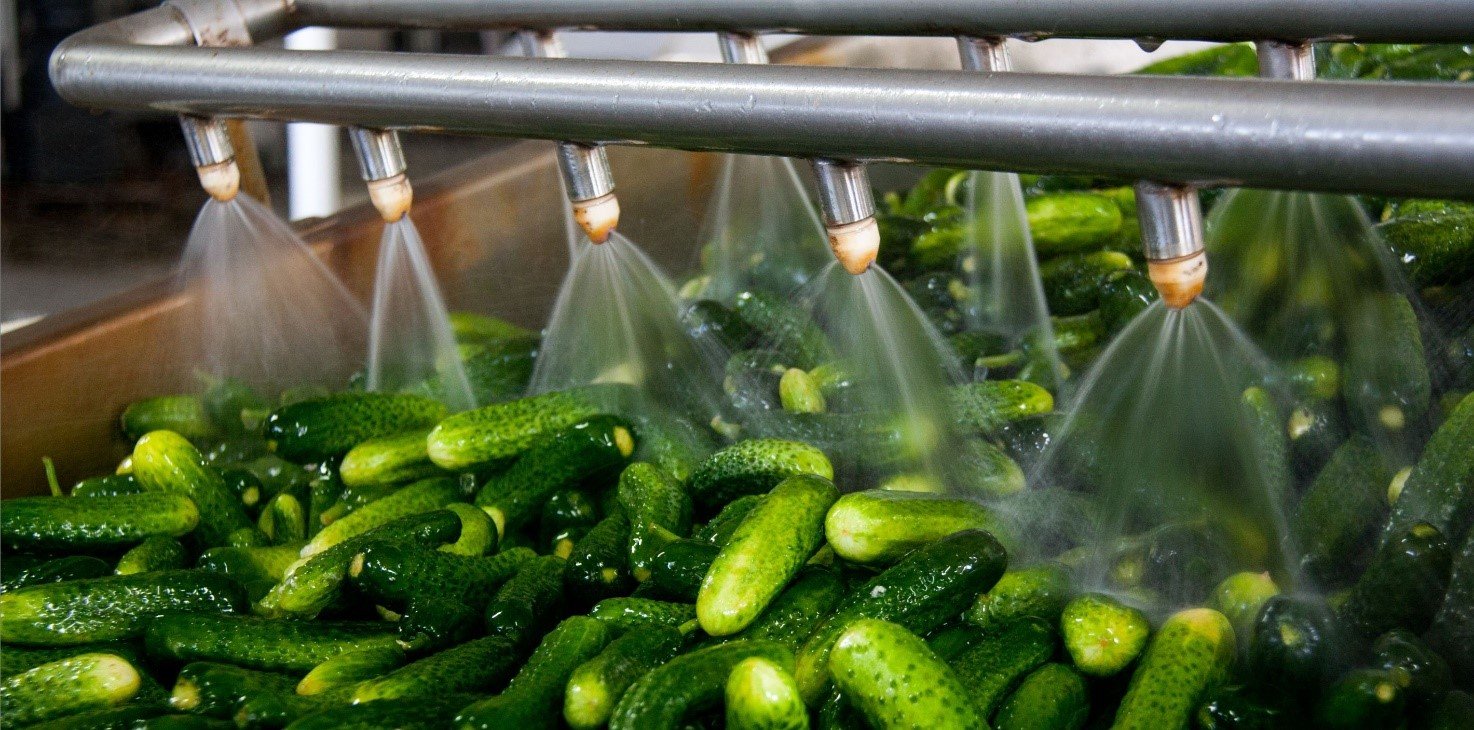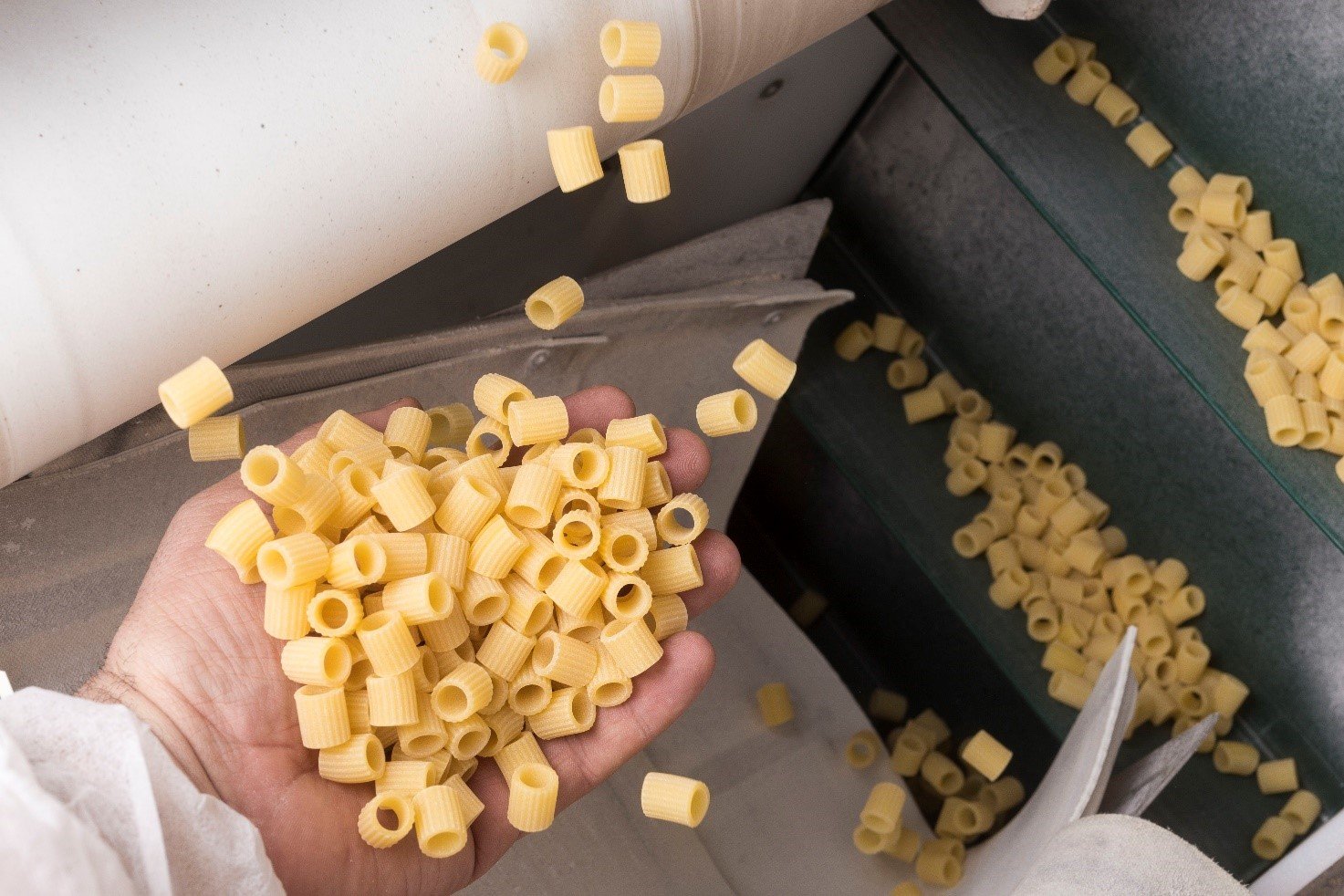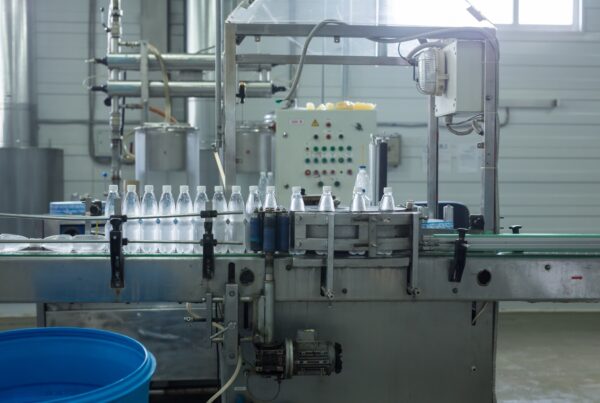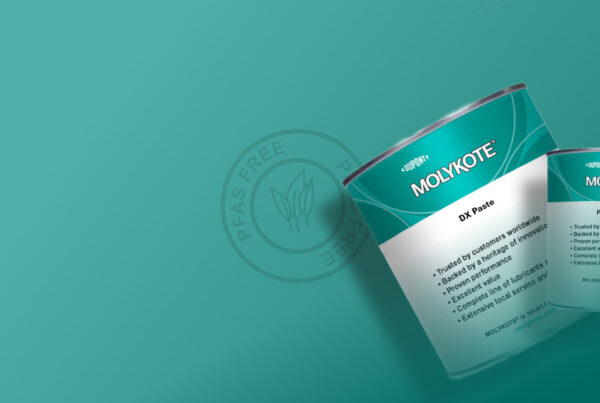
6 questions to ask your food-grade lubricant supplier
To find the right lubricant supplier to meet your operational needs, always ask these critical questions.

1) Do your lubricants comply with all regulations?
When an accident can stop production altogether and impact an entire company, complaints are not enough. Your supplier should not only stay current with regulatory and legislative requirements, but should also be able to provide copies of certifications and documentation of compliance with standards for all lubricants.
2) Can your lubricants improve the efficiency of my production line?
The food-grade lubricant industry is not standing still. Operations require lubricants that will not only help production lines run, but also move them toward meeting and exceeding their efficiency and productivity goals. There are always new developments to improve the performance of your equipment, and your lubricant supplier should be obsessed with them
Take, for example, new mineral lubricants that work like synthetic oils-a strategic solution for managers who are looking for ways to increase plant productivity, reduce downtime and simplify inventory to save time and money.
3) Does your supplier sell only lubricants?
An ideal lubricant supplier provides more than just lubricants; they must have the experience and technical expertise to suggest ways to improve performance in your facility. Your internal experts should be able to draw on your vendor’s knowledge to strengthen your cost-saving strategies.
Also ask about value-added services, such as operator training support, ‘help with inventory consolidation, and support with oil monitoring programs. The right supplier will see mutual value in a collaborative approach.
4) Can you provide tangible evidence performance to show how a change will impact my bottom line?
Whether it is test results, product benefit statements, or case studies, a solid business case is needed to support a vendor change. Your lubricant supplier must bring references.
- Details of efficiency gained
- Increased productivity (and reduced downtime)
- Money saved

5) How does your product line help me consolidate and supplement my inventory?
Some companies in the food industry also stock more than 60 different lubricants, when in fact food-grade lubricants can work in multiple applications, they are a significant benefit to your business.
Consolidating suppliers and reducing units of product in inventory not only saves money on overall costs , shipping and inventory management, but also minimizes the risk of cross-contamination and failures caused by misapplication of lubricants.
6) What is your global distribution strength?
If you are a global product company, you need to make sure your supplier can support your business with the right oils and fats, when you need them, where you need them, and with the right credentials.
The best lubricants in the world can’t help you if you don’t get them. To keep operations and equipment well protected, the supplier needs fully integrated distribution channels for consistent supply.
When we wrote these six questions we were thinking about the food industry but the same questions are applicable to the maintenance of any production line, always remember to entrust the lubrication of your production process to companies that can clearly and accurately answer these questions.



